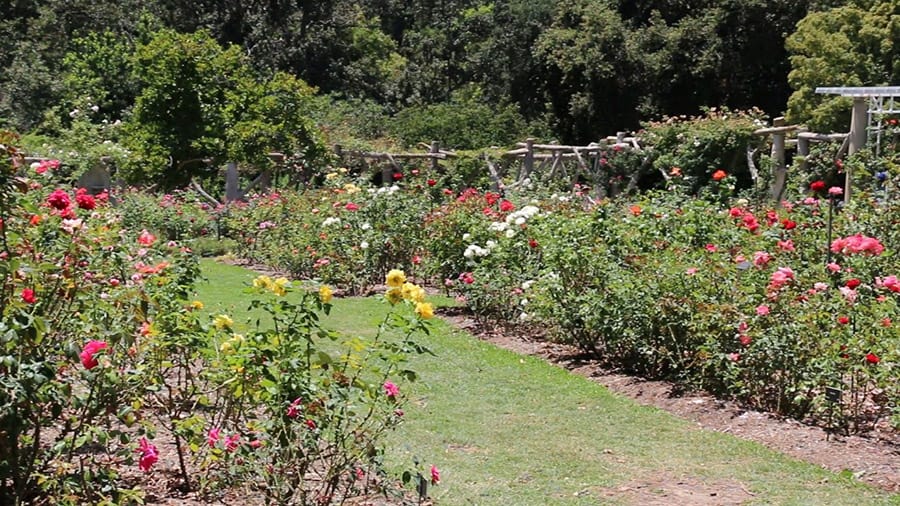
Are You Using the Power of Selective Focus to Reach Your Goals After 60?
Do you ever find yourself behind on projects, fielding interruptions and distractions that make it difficult for you to finish?
Do you find it difficult, at times to find your focus – especially when there are so many things that need attention?
What about that daily to-do list – how often do you get to check off everything on it?
In photography, one of the main keys to creating beautiful images is selective focus. Selective focus also rings true for a beautiful, stress-reduced life.
Who Wants a Blurry Photo?
Unless it’s done intentionally for some esthetic or creative purpose, who wants a blurry, out-of-focus photo? I’m going to talk a little about the importance of not only focus, but of being selective of what you focus on, plus share a few tips on how to do this.
In photography, when using a camera that allows for manual or creative adjustments, you have the capability to control what and just how much of an image is in focus.
General Focus vs. Having a Focal Point
In this image, we see many beautiful flowers in this gorgeous, botanic garden. We could hang this on the wall and be happy with it. However, though a lovely image, it’s missing a focal point. A focal point is a specific place of visual emphasis – a place that draws the eye and causes it to rest there.

Now, let’s move in a little closer and be more selective in choosing a visual emphasis.

Aha! We found this beautiful butterfly on one of the flowers, and made this the visual emphasis. Notice how the focusing is such that the background serves as a soft backdrop that complements the flower and butterfly, our focal point.
So how does this relate to real life? Here are a few helpful things I’ve learned from productivity experts that have helped me be more selective with my focus and get things accomplished more quickly.
Stop Multitasking
I know multitasking is something that we women take pride in – how well we can do several things at once. However, neuroscience research has proven that the brain cannot efficiently switch between tasks without time being lost. It takes longer for your brain to regroup and process when you’re switching between tasks, so multitasking is counterproductive and ineffective.
Multitasking also causes a lower retention rate in what you learn. Focus on one thing at a time, giving your full attention to the task at hand.
Pare Down Your To-Do List
Having a long list of things to accomplish can be overwhelming, and can promote feelings of “never catching up.”
Productivity experts say that only 11% of people ever complete their whole to-do list.
Their suggestion: Don’t make a to-do list the usual way with listing everything you want to accomplish that day. Write down the top three things you need to do that day and focus on those. And if you complete them, then move on to those tasks lower on the scale.
Protect Your Personal Space. Guard Your Heart. Clear Out the Noise
Eliminate unnecessary negativity from your life. One way you can do this is to limit the amount of media news you access. There is so much negativity and confusion being broadcasted today, that even trying to figure out what’s true and what’s not can be a full-time distraction.
There’s a biblical scripture in Philippians 4:8 that states, “Fix your thoughts on what is true, and honorable, and right, and pure, and lovely, and admirable. Think about things that are excellent and worthy of praise.”
Focus on the good stuff. Things that uplift instead of clouding your mind with negativity, worry and fear.
Be Courageous and Say No – Even to Yourself
There’s an annual conference that I’ve had the opportunity to volunteer my time and expertise as a workshop presenter for the past 8-10 years. Its purpose is to help non-profits grow and thrive in their missions, and I enjoy sharing topics related to marketing and development of visual communications strategies that can help them do that.
The time came to submit proposals, and this year I stopped myself from going on auto-pilot. I asked myself, “Wait a minute! Do I really have the adequate resource of time and focus to dedicate to this? Where does this fit in what I want to accomplish this year? Shouldn’t the time I’ll be using in preparation for and attending this conference be better used on things relative to the goals I’m working towards?”
As much as I have enjoyed being a presenter, I had to be brutally honest with myself that I needed to stay focused on the things straight ahead and not indulge in what would be a side trip.
Keep a Notebook Handy
Say you have a day where you must work on your book, counsel a patient, attend the grandkids’ soccer game, take the cat for a vet visit, etc. Give 100% focus to the task at hand. While you’re working on your writing, don’t hold in your thoughts the issues you need to discuss with the patient that’s coming in for counseling.
Write it down to come back to it later. By writing it down you are committing it to someplace so it won’t be hanging in your head.
Do you have trouble finishing projects and focusing on your goals? Do you always give 100% focus to tasks you want to accomplish? What do you think might help you get committed? Please share in the comments.
Tags Inspiration






